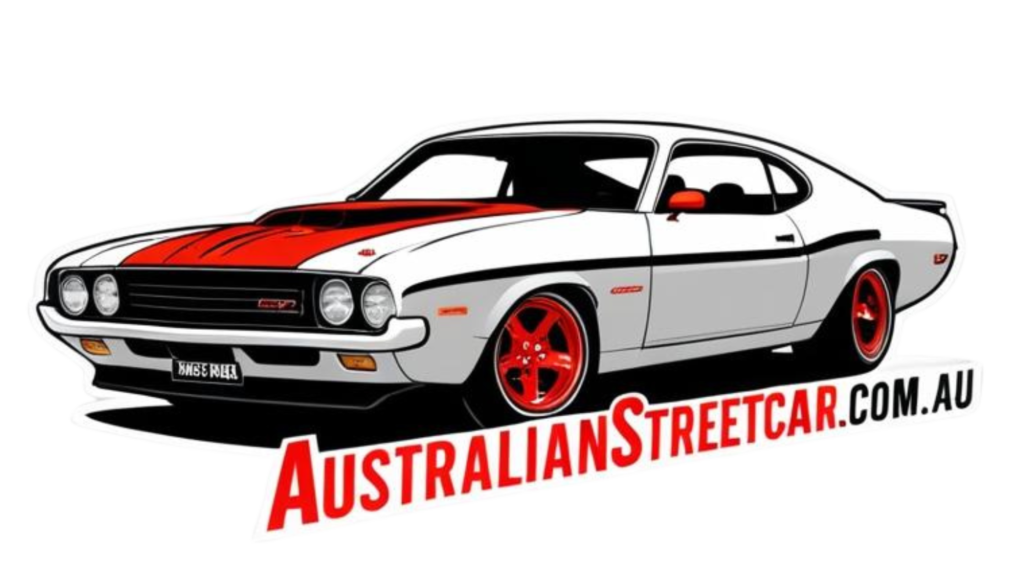International motor shows, once a cornerstone of the automotive industry, are now facing an uncertain future. The 2020 Geneva Motor Show was canceled due to the coronavirus pandemic, raising questions about the relevance of traditional auto exhibitions. In Australia, the Sydney motor show met its demise in 2008, with falling attendance and economic challenges leading to its cancellation. Efforts to merge the Sydney and Melbourne shows proved unsuccessful.
Across the pond in Europe, the Frankfurt motor show, a long-standing event dating back to 1951, has also been impacted by dwindling interest. Major automakers like Toyota, Peugeot, and Nissan pulling out of the show signaled a shift in the industry’s approach to showcasing new vehicles. Attendance figures plummeted, prompting the organizing group to reconsider the event’s future in Frankfurt.
Volkswagen’s global chairman Herbert Diess made headlines in 2018 when he declared that traditional motor shows were becoming obsolete. He emphasized the need for a more interactive and engaging approach to unveiling new models, pointing to events like the Goodwood Festival of Speed as a model for the future. The rise of social media and digital marketing strategies has reshaped how car companies connect with consumers, leading to a reevaluation of the value of static auto shows.
For automakers, the cost of participating in international motor shows can be exorbitant, with elaborate displays costing millions of dollars. The competition for attention among a myriad of brands can dilute the impact of new vehicle launches, making it challenging for companies to stand out in a crowded field. As media consumption habits evolve, car enthusiasts are increasingly turning to online platforms to stay informed about the latest automotive trends, diminishing the allure of traditional shows.
In response to changing dynamics, organizers of motor shows are exploring ways to revitalize the format and attract both exhibitors and attendees. Jean-Claude Girot, head of the Paris motor show, acknowledges the need for innovation and adaptation in order to stay relevant in a rapidly evolving industry. Smaller booths, novel attractions, and a renewed focus on engaging the audience are among the strategies being considered to breathe new life into these iconic events.
While the future of international motor shows remains uncertain, one thing is clear: the traditional model of unveiling cars in cavernous exhibition halls is facing unprecedented challenges. As the automotive landscape continues to evolve, the industry must find innovative ways to connect with consumers and showcase the cutting-edge technologies that will shape the cars of tomorrow.
📰 Related Articles
- Traditional Motor Shows Face Uncertain Future Amid Digital Shift
- Sweepstakes Casinos Face Uncertain Future Amid State Regulations
- Petrochemical Industry Shows Signs of Stability Amid Market Shifts
- Vendors at Tia Pancha Flea Market Face Uncertain Future
- US and Europe Solar Trends Diverge Amid Industry Shifts






